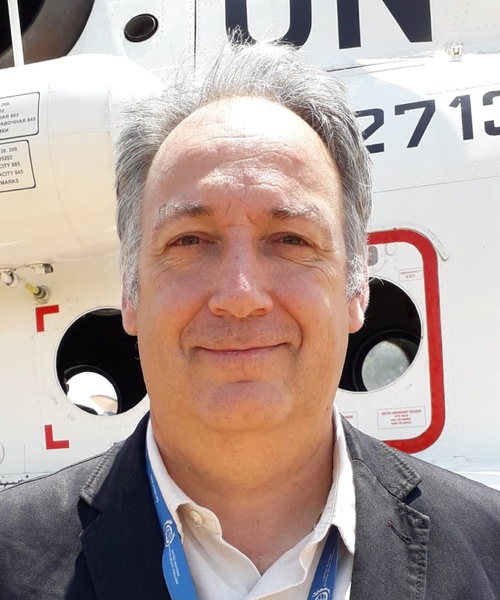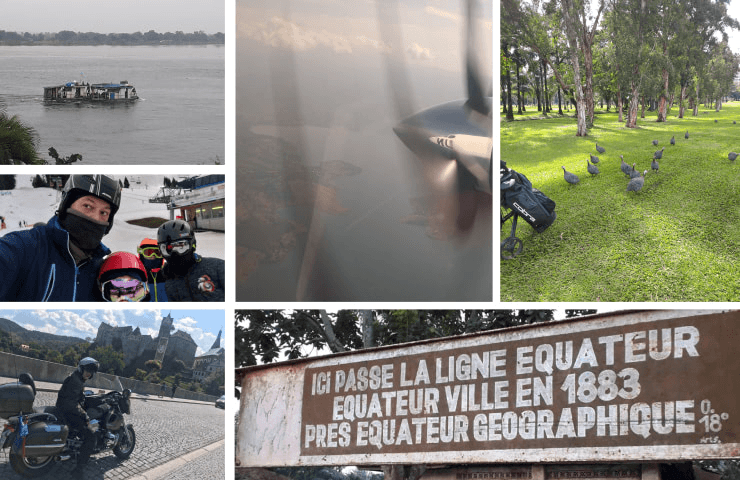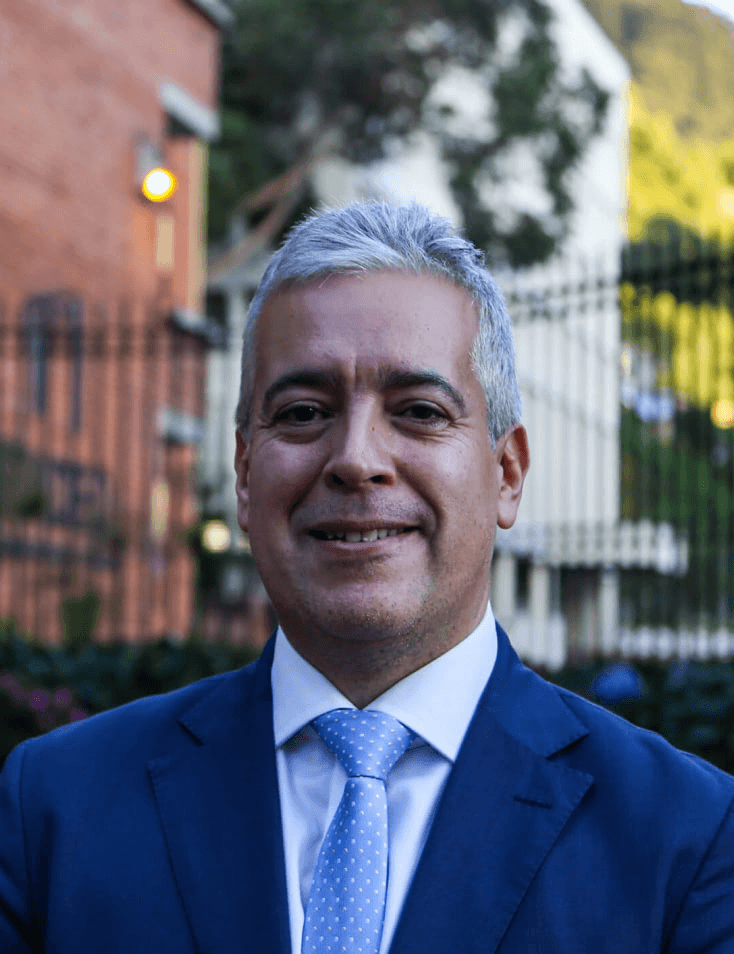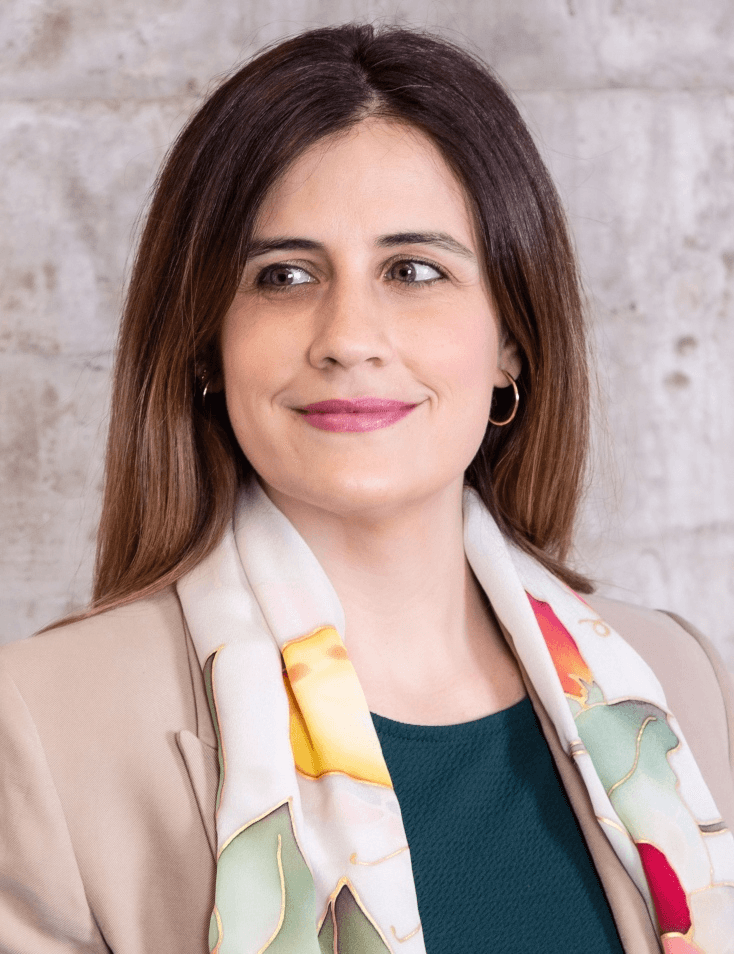
Marco Kalbusch
My name is Marco Kalbusch and I'm a German and Belgian national. I grew up learning German and French, and as I’ve spent most of my professional career traveling with the UN, I can also speak English, Dutch and Spanish. Unfortunately, my attempts to learn Russian have not been successful, despite having excellent teachers at the UN. I love spending time with my wife and children, cooking, learning new languages and traveling. My hobbies depend on my location, from motorcycling in New York and hiking and skiing in Geneva to playing tennis in Burundi and golfing in the Congo.
“If we want to help people improve their own lives, we have to think beyond our own expertise.”
An international career to broaden horizons
Marco began his professional journey in various roles in the legal field. He studied law in Passau, Germany and Louvain, Belgium, and then did his practical training in Germany to qualify as a judge and be able to practice law. Shortly after, he began canon law—which he saw as a bit of a hobby—and also began working for the European Commission as a legal officer. Marco grew bored with his role in research and technological development and realized it was time for a new adventure.
Opening the doors to a new world of opportunity, Marco received a job offer from the United Nations. He later passed a competitive examination to be recruited by the UN Secretariat. What initially motivated him to accept the role was his deep belief that, with a bit of effort, humans can make the world a better place. To Marco, the most fascinating aspect about working in the UN now is that he doesn’t have an exact specialization. Instead, he is able to work in different places and different fields. He’s grateful to have been given the opportunity to research for his PhD thesis while working and is inspired by the idea that as a UN employee, your experience is what you make it.
Marco is currently working in a peacekeeping mission as head of the integrated office, which is an internal office that coordinates between the peacekeeping mission and the specialized UN agencies, funds, programs and organizations such as UNICEF and UNDP. He joined his first peacekeeping mission in East Timor as a case manager in serious crimes investigations, then he continued to work all over the globe. He’s spent time working in places like New York, Geneva, Congo-Kinshasa, Burundi, Somalia, South Africa and Togo.
Passionate about traveling, Marco loves that his job takes him across borders. He’s been able to pick up new hobbies wherever he may be, like riding a motorcycle along the East Coast or teaching his kids to ski in Geneva. Marco embraces his active lifestyle and enjoys sharing it with his family, and he’s especially grateful that his wife and three children are happy to move around the globe with him.

As part of IE University’s partnership with UN System Staff College, Marco has the opportunity to teach a workshop on governance and social inclusion for the Master in International Development. In his role as a professor, he further emphasizes the importance of securing peace, as well as the need to reduce humanitarian needs so that people are able to become independent. The workshop is also rewarding for Marco, especially watching the students work on a case study and, in what he describes as a chain reaction, seeing them develop into professionals capable of creating lasting change.
Marco uses the idea that whatever work we do, especially in the international world, it is always connected with other subjects and with other specializations. He encourages his students to take all of these connections into account when working to achieve a goal, noting that to help improve other people’s lives, we have to think beyond our own expertise.
“If we want to help people improve their own lives, we have to think beyond our own expertise.”

